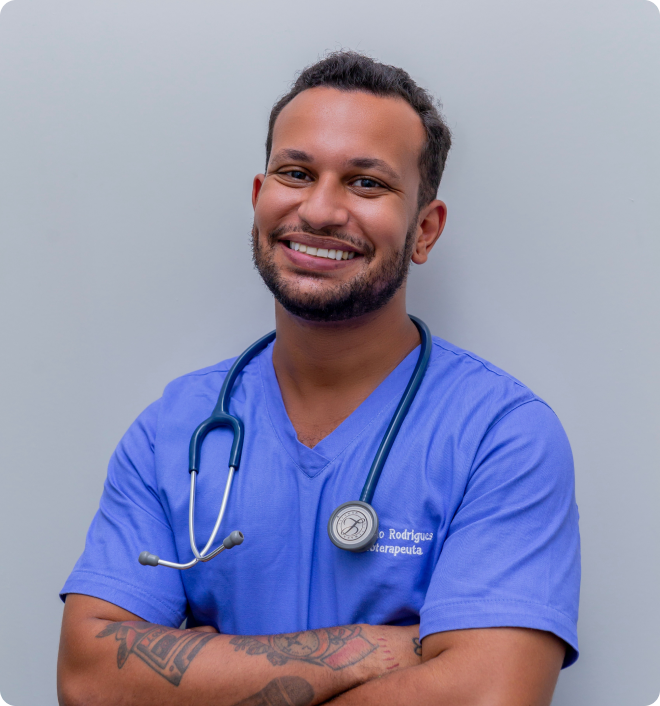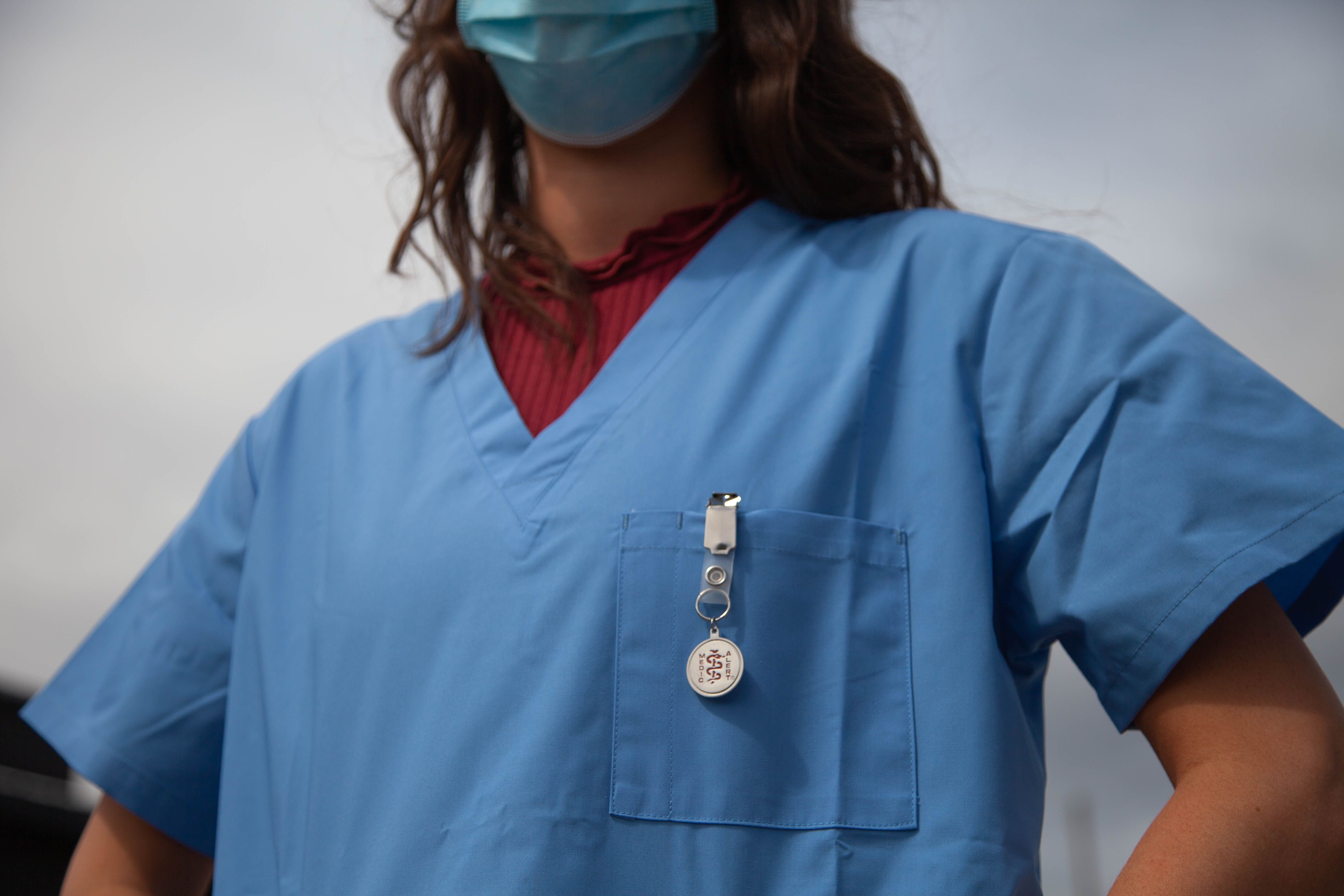Oral and maxillofacial surgery is involved in all aspects of the diagnosis and surgical care of the mouth, jaws, skull, face, head and neck, as well as associated structures and their reconstruction.
Overview
Oral and maxillofacial surgery is involved in all aspects of the diagnosis and surgical care of the mouth, jaws, skull, face, head and neck, as well as associated structures and their reconstruction.
The aim of the specialty is to provide a comprehensive diagnostic and surgical service, often in a multidisciplinary manner, to our medical and dental colleagues for a defined anatomical area – the head and neck.
Specialty trainees may choose to undergo further training during a two-year surgical fellowship in the following areas:
- Head and neck oncology – with extended reconstruction including
microvascular cosmetic facial surgery - Craniofacial and skull base surgery/paediatric maxillofacial surgery
- Cleft surgery
The spectrum of the specialty:
- Cranial, facial and maxillofacial trauma (soft and hard tissues)
- Cancer of the head and neck region and its reconstruction
- The disease of the salivary glands
- Surgical correction of facial disproportion – both congenital and
acquired - Cleft lip and palate surgery
- Facial pain
- Disorders of the temporomandibular joint
- Surgical removal of impacted and buried teeth, cysts and benign tumors of the jaws
- Placement of osseointegrated dental and extra-oral implants
- Management of infections of the head and neck, including life- threatening facial space infection
- Conditions of the oral mucosa, such as mouth ulcers, white patches and dentoalveolar infection
Training body
CST (see General Surgery)
Core Surgical Training (CST) see General Surgery
In Surgery, initial training equivalent to BST is called Core Surgical Training (CST) of 2 years [known as ST1-ST2] which must completed before applying for HST in relevant Surgical Specialty of up to 6 years [known as ST3-ST8]. CST is included in the General Surgery page but also applies to the other surgrical specilaities.

Higher Specialist Training (HST)
Requirements
- Have completed a Medical Degree.
- Be eligible for inclusion on the Trainee Specialist Division of the Medical Council Register at the time of application.
- Have completed your Internship before the start of the training programme in July.
- For non-Ireland, -UK, -Australia, -Canada, -New Zealand or -US: An IELTS certificate OR the Occupational English Test (OET).



